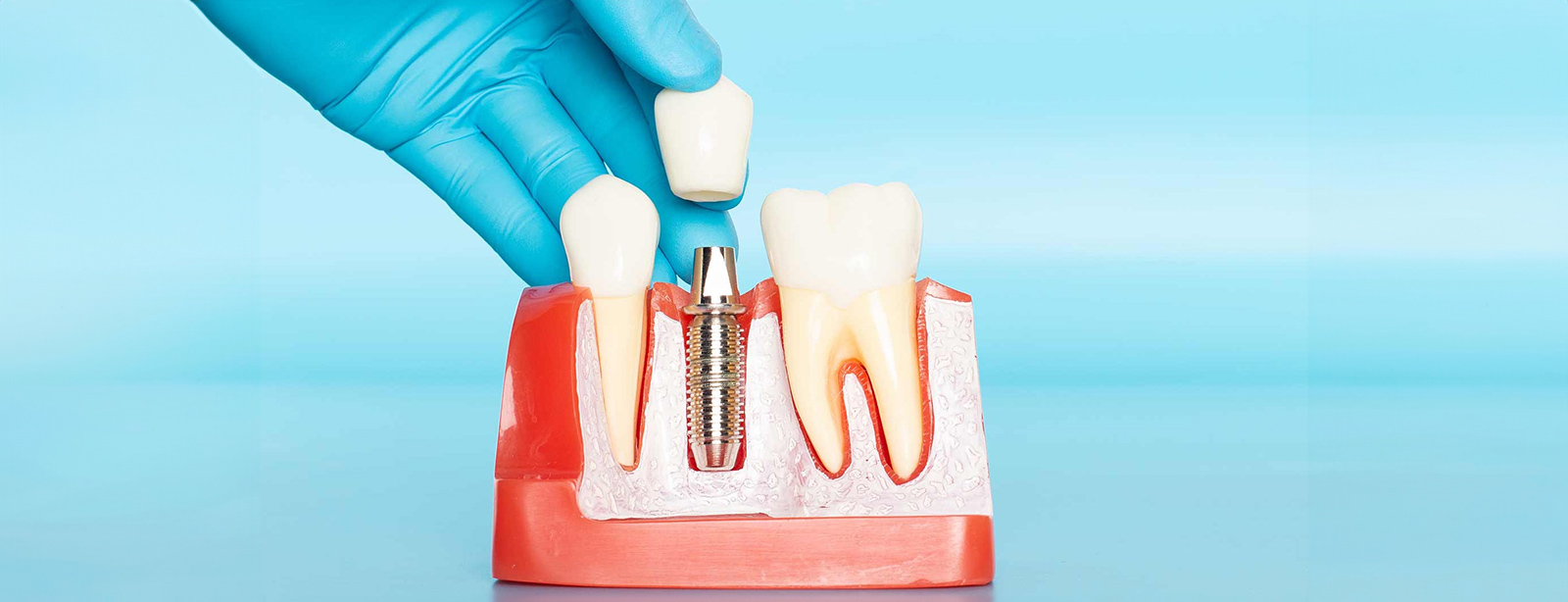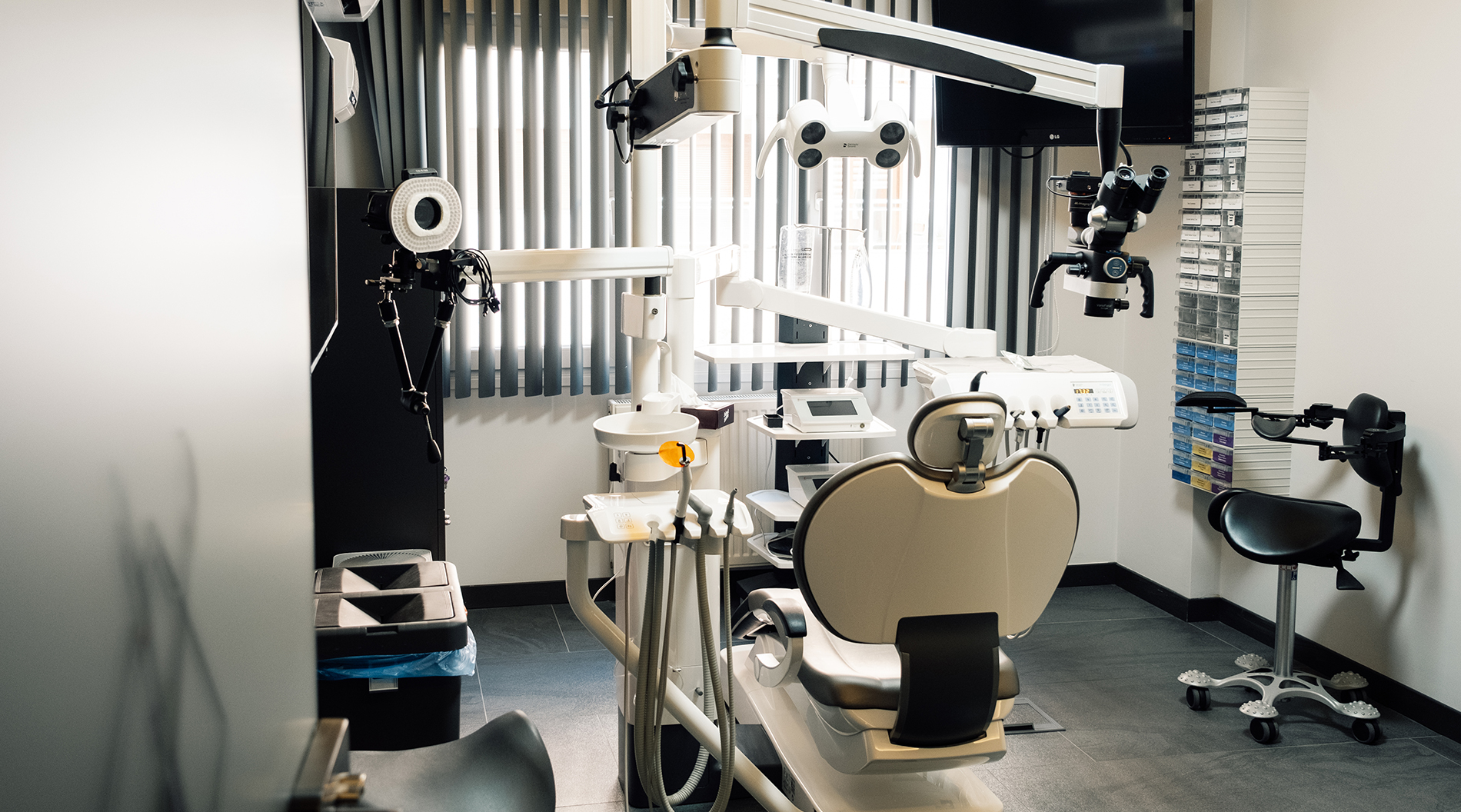
Prosthetic Dental Treatments
Prosthodontics is a branch of dentistry that replaces missing teeth with artificial teeth. Tooth loss can negatively affect a person aesthetically, functionally and psychologically. For this reason, various prostheses can be used to restore the natural appearance and functionality of the teeth. Prosthodontic treatments aim to improve the quality of life of patients with tooth loss by meeting their chewing, speech and aesthetic needs.
Types of Prosthodontic Treatment
Various methods and types of prosthesis can be used in prosthetic dental treatments. These treatment methods are determined according to the patient’s tooth loss, jaw structure and aesthetic expectations. The main types of prosthetic dental treatment are as follows:
- Fixed Prostheses (Crowns and Bridges): Fixed prostheses are prostheses that are placed in place of missing teeth and cannot be removed by the patient. Crowns and bridges are the main types of fixed prostheses.
- Crowns: It is a treatment method used when there is a serious loss of material in the tooth or when the tooth decays. The crown placed over the tooth protects it and restores its functionality. They are glass ceramic, zirconium or metal-supported porcelain restorations.
- Bridge: In case of loss of one or more teeth, they are prostheses made with the support of neighboring teeth. Bridges replace missing teeth, restore chewing functions and provide an aesthetic smile.
- Removable Prostheses: Removable prostheses are prostheses that can be worn and removed by patients. They are generally used in patients who have lost all their teeth or have multiple missing teeth.
- Full Dentures (Total Dentures): Full dentures are made for patients who have lost all their teeth and consist of artificial teeth that fit into the gums. These prostheses are removable and restore functions such as chewing and speaking.
- Partial Dentures: Made for patients with partial tooth loss, these prostheses are fixed in the mouth with metal hooks or special adhesives that attach to natural teeth. It provides aesthetics and functionality by completing the missing teeth.
- Implant Overdentures: Implant prostheses are prostheses that are fixed on dental implants placed in the jawbone. These prostheses can be fixed or removable.
- Fixed Implant Prosthesis: Fixed dentures placed on implants provide the appearance and function of natural teeth. These prostheses are usually preferred to restore all or most of the missing teeth.
- Removable Implant Overdenture: These are removable prostheses that are attached to implants placed in the jawbone. It can be removed by the patient but provides a more secure and stable grip thanks to the implants.
Advantages of Prosthodontics
Prosthodontic treatments help solve many problems caused by missing teeth and offer the following advantages;
- Aesthetic Improvement: Aesthetic appearance is extremely important for people with tooth loss. Prosthodontic treatments increase self-confidence by offering solutions very close to the appearance of natural teeth.
- Restoration of Chewing Function: Missing teeth can negatively affect chewing function. Thanks to prosthetics, the ability to chew food easily is restored.
- Restoration of Speech Function: Missing teeth can prevent correct vocalization during speech. Prosthetic dental treatments improve speech by enabling the correct sounds to be made.
- Jawbone Protection: After tooth loss, the jawbone can erode over time. Implant-supported prostheses prevent bone loss by protecting the jawbone.
- Long Lasting Solution: Prosthetic treatments offer solutions that can be used for many years with proper care and regular dentist checks.
Who Is Suitable for Prosthodontics?
Prosthodontics can be suitable for anyone who has suffered tooth loss. However, the treatment plan is determined according to the patient’s oral and jaw structure, general health status and expectations. Prosthodontic treatment may be preferred in the following cases:
- Single or Multiple Tooth Loss: Prosthetic treatments can be applied to individuals with one or more missing teeth.
- Complete Toothlessness: Full dentures or implant prostheses are preferred for individuals who have no teeth left in the mouth.
- Severely Worn or Damaged Teeth: In case of severe tooth wear, fracture or decay, crowns or bridges can be used to protect and repair the teeth.
